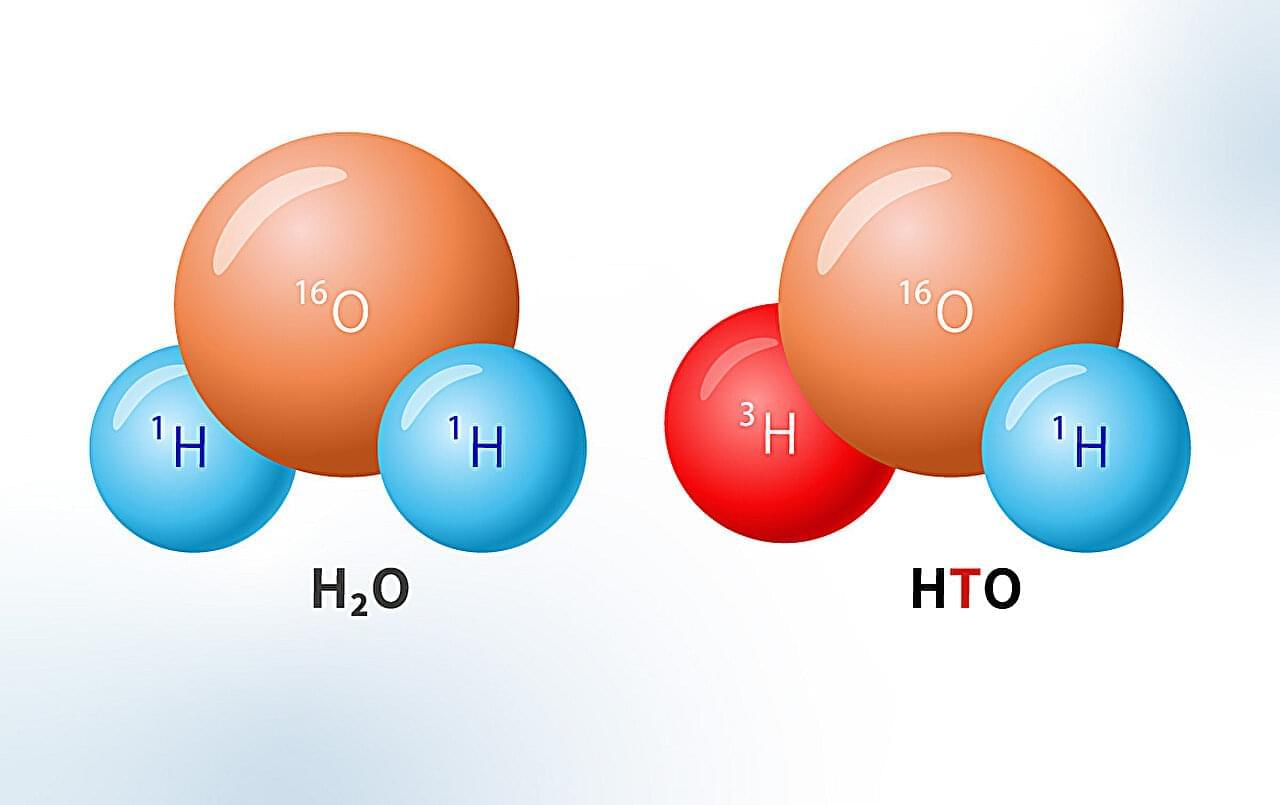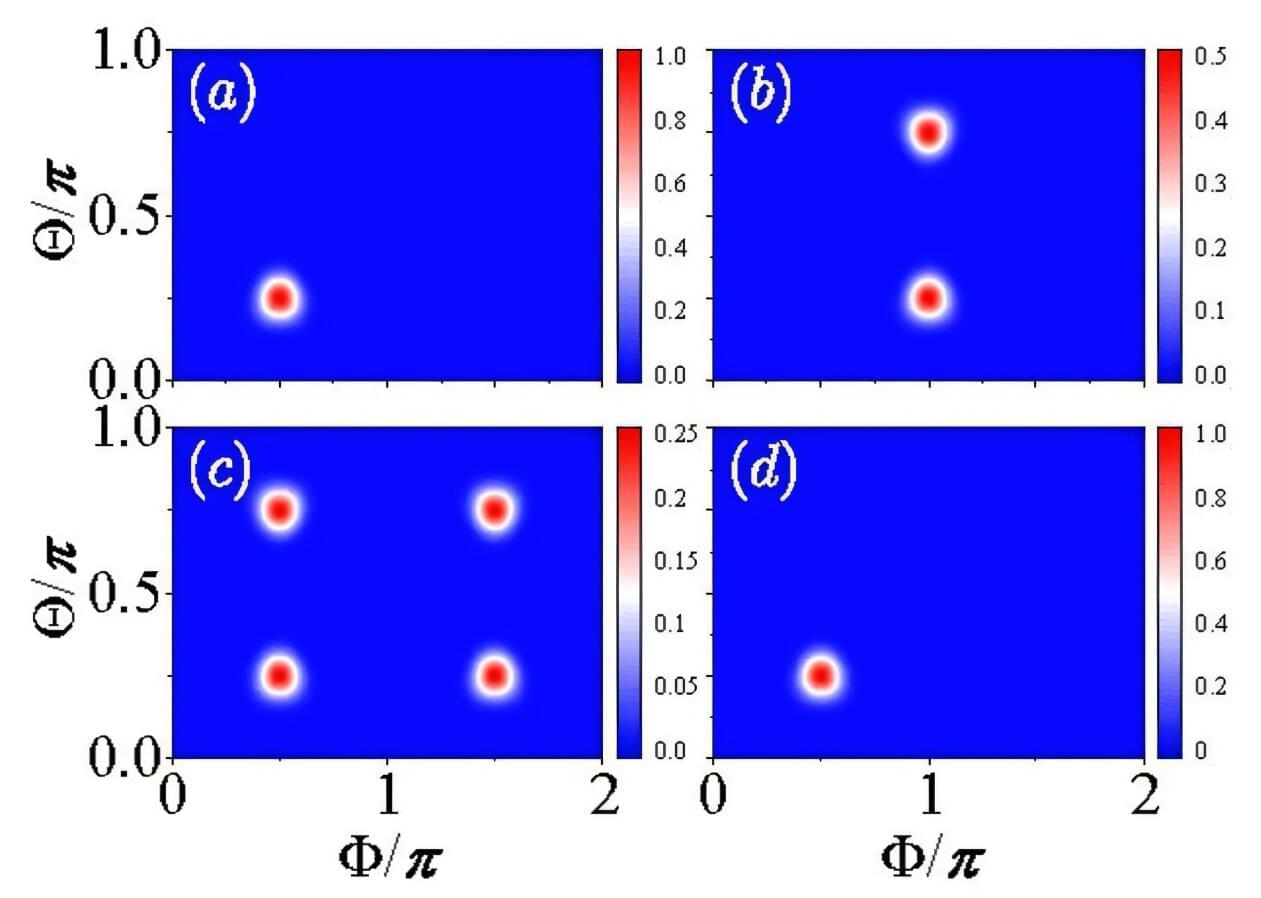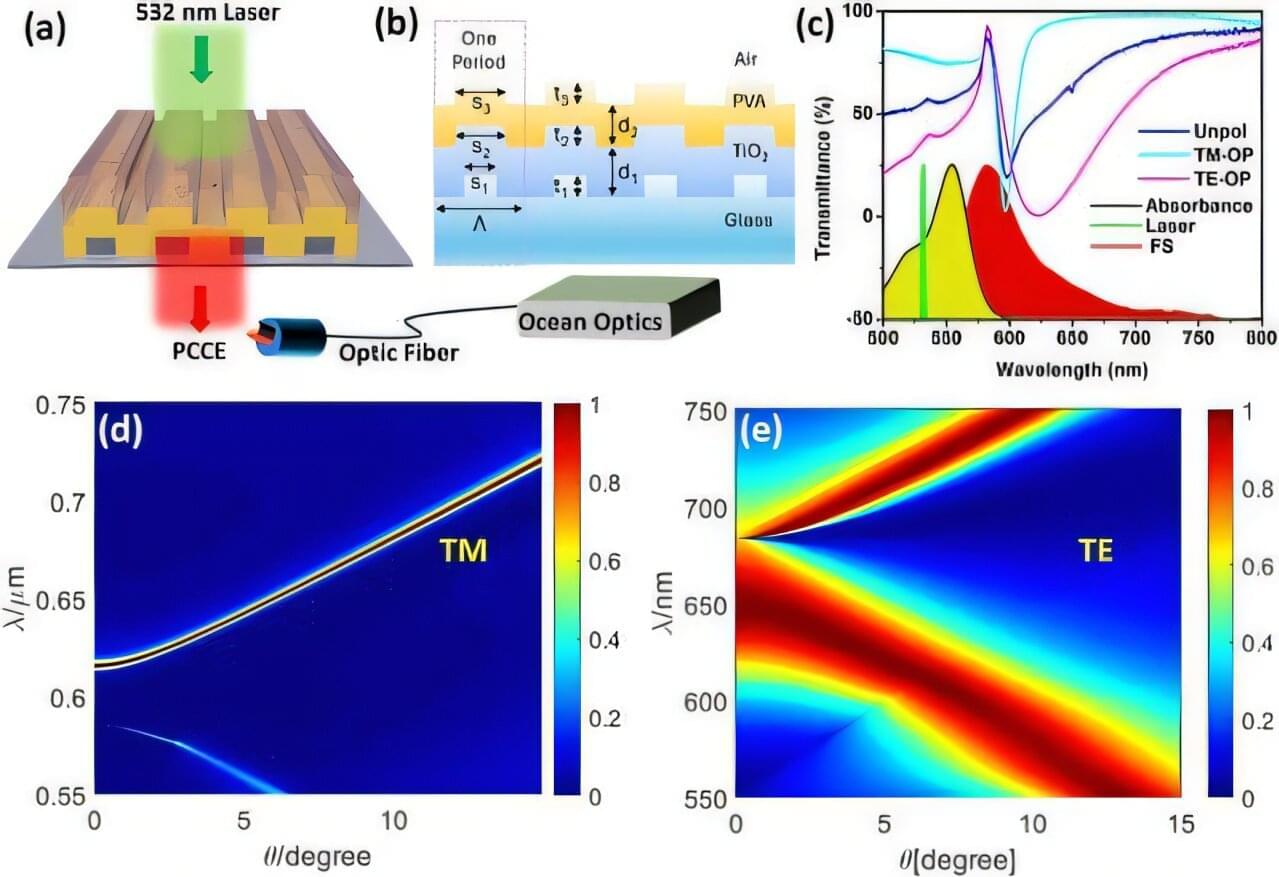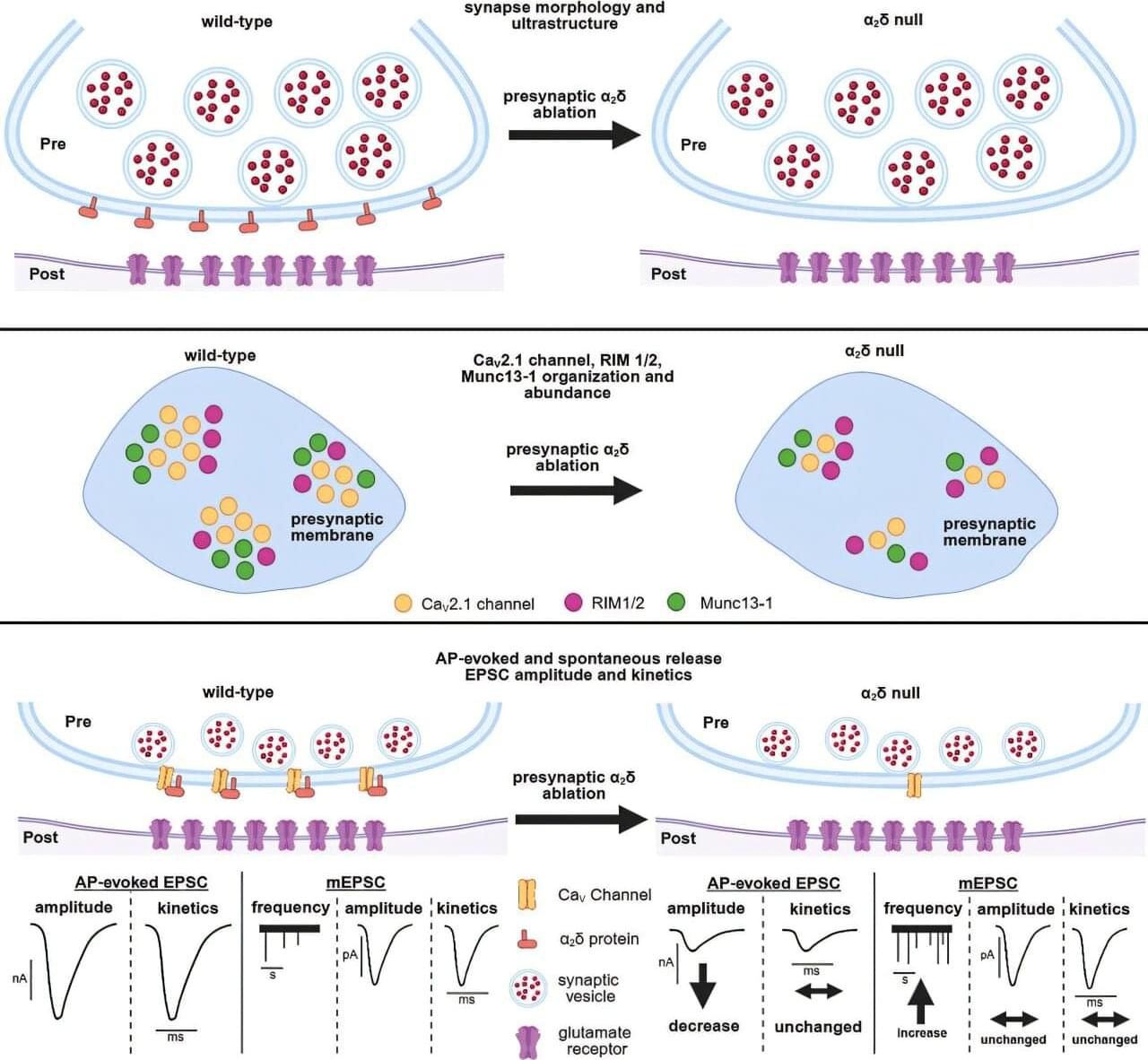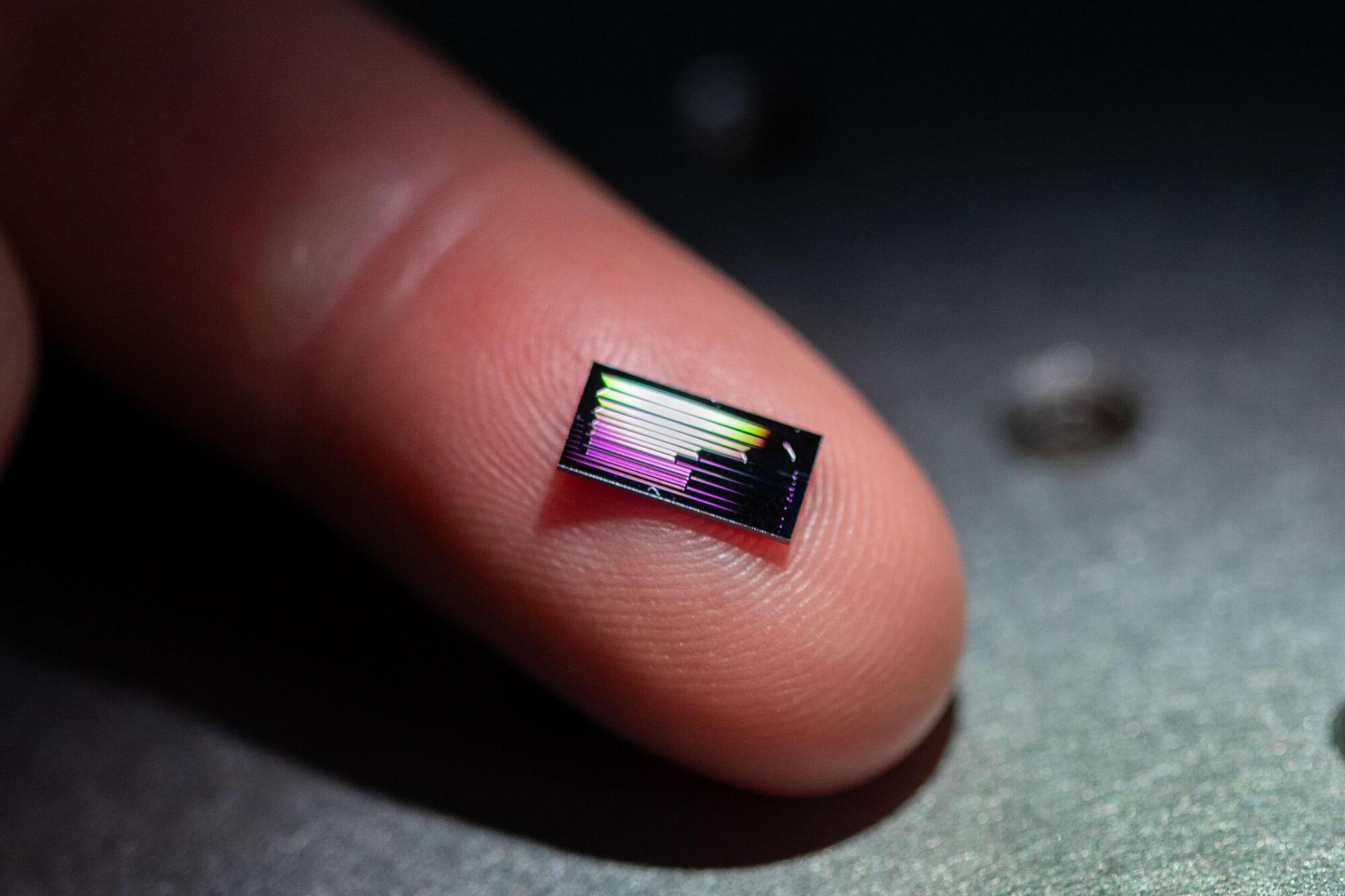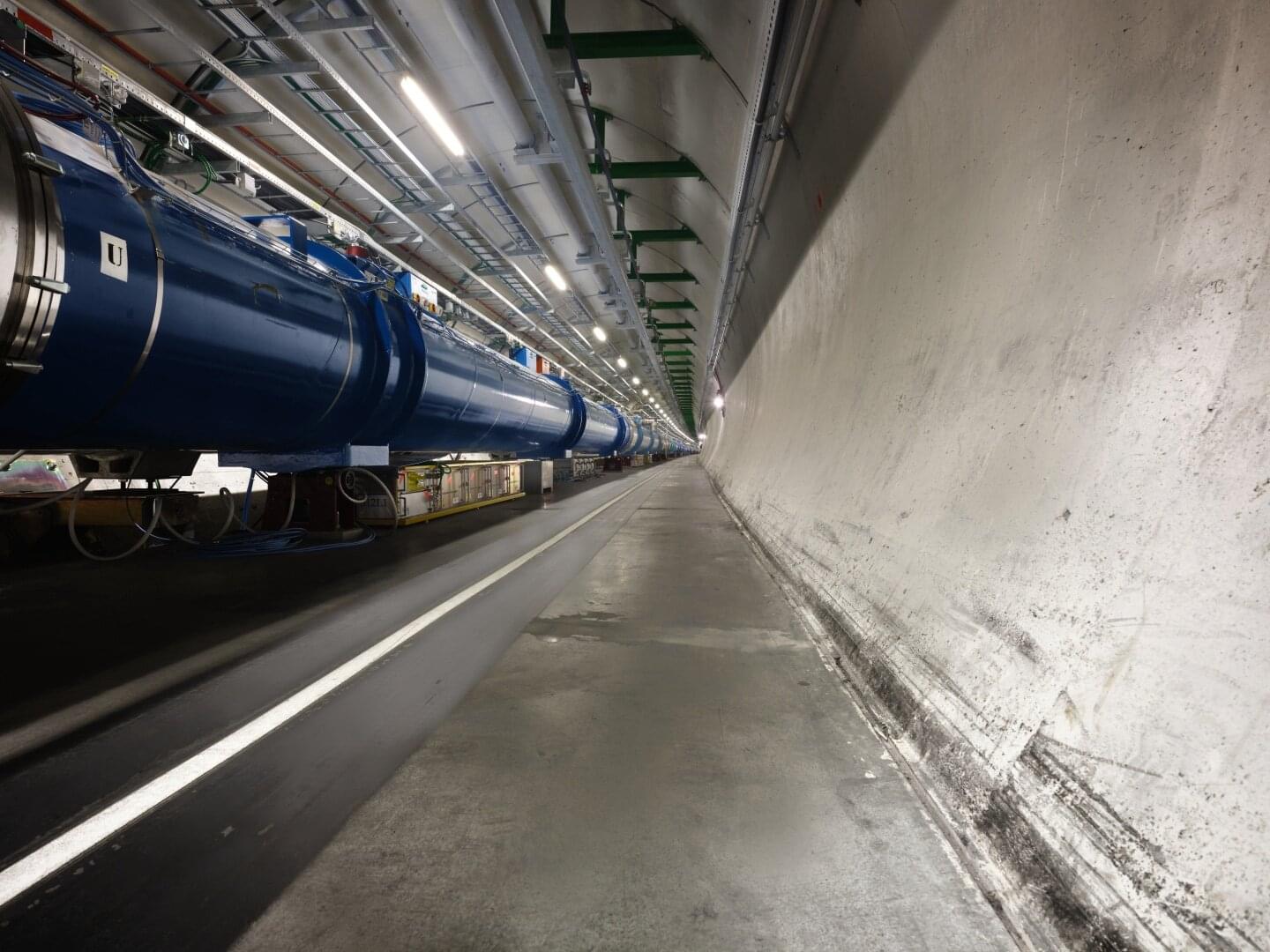Operators have pumped water to cool the nuclear reactors at the Fukushima Daiichi Nuclear Power Plant (FDNPP) since the accident in 2011 and treated this cooling water with the Advanced Liquid Processing System (ALPS), which is a state-of-the-art purification system that removes radioactive materials, except tritium.
As part of the water molecule, tritium radionuclide, with a half-life of 12.32 years, is very costly and difficult to remove. The ALPS-treated water was accumulating and stored at the FDNPP site and there is limited space to store this water. Therefore, in 2021, the Government of Japan announced a policy that included discharging the ALPS-treated water via an approximately one-kilometer-long tunnel into the ocean. Planned releases of the ALPS-treated water diluted with ocean water began in August 2023 and will be completed by 2050.
In a new numerical modeling study, researchers have revealed that the simulated increase in tritium concentration in the Pacific Ocean due to the tritium originating from the ALPS-treated water is about 0.1% or less than the tritium background concentration of 0.03−0.2 Bq/L in the vicinity of the discharge site (within 25 km) and beyond.
